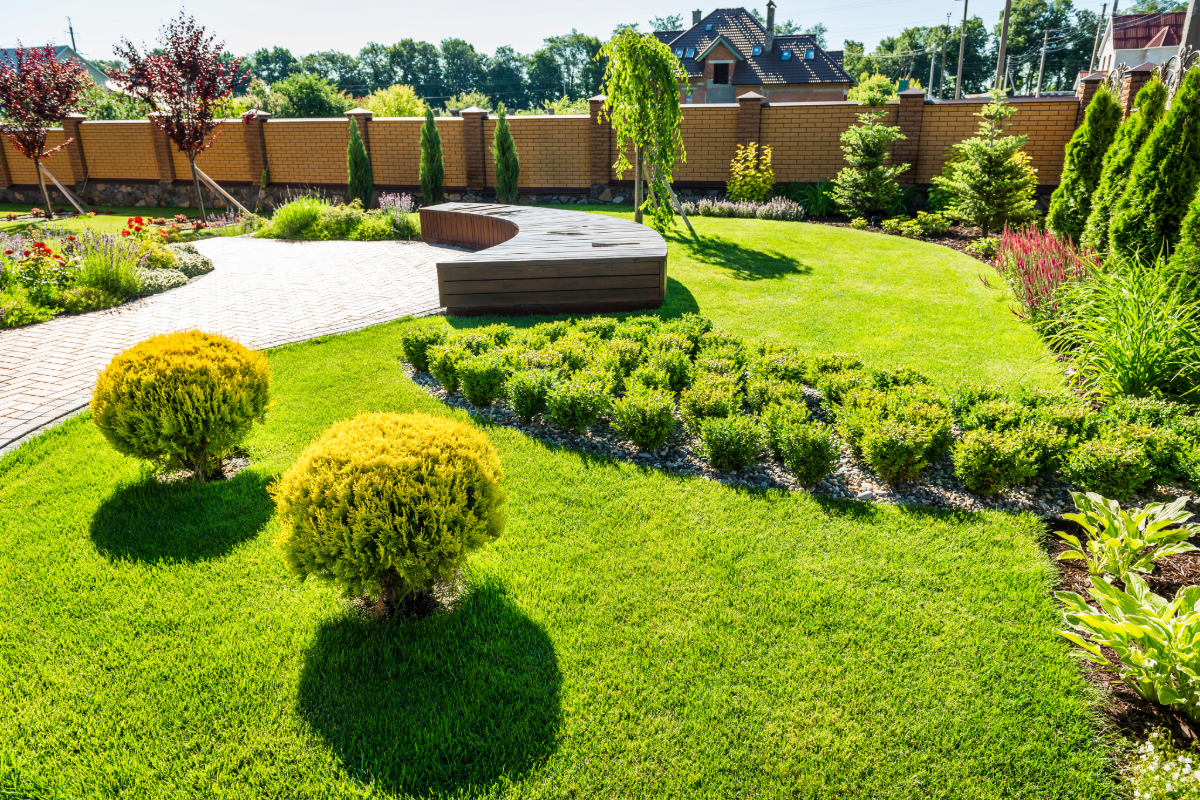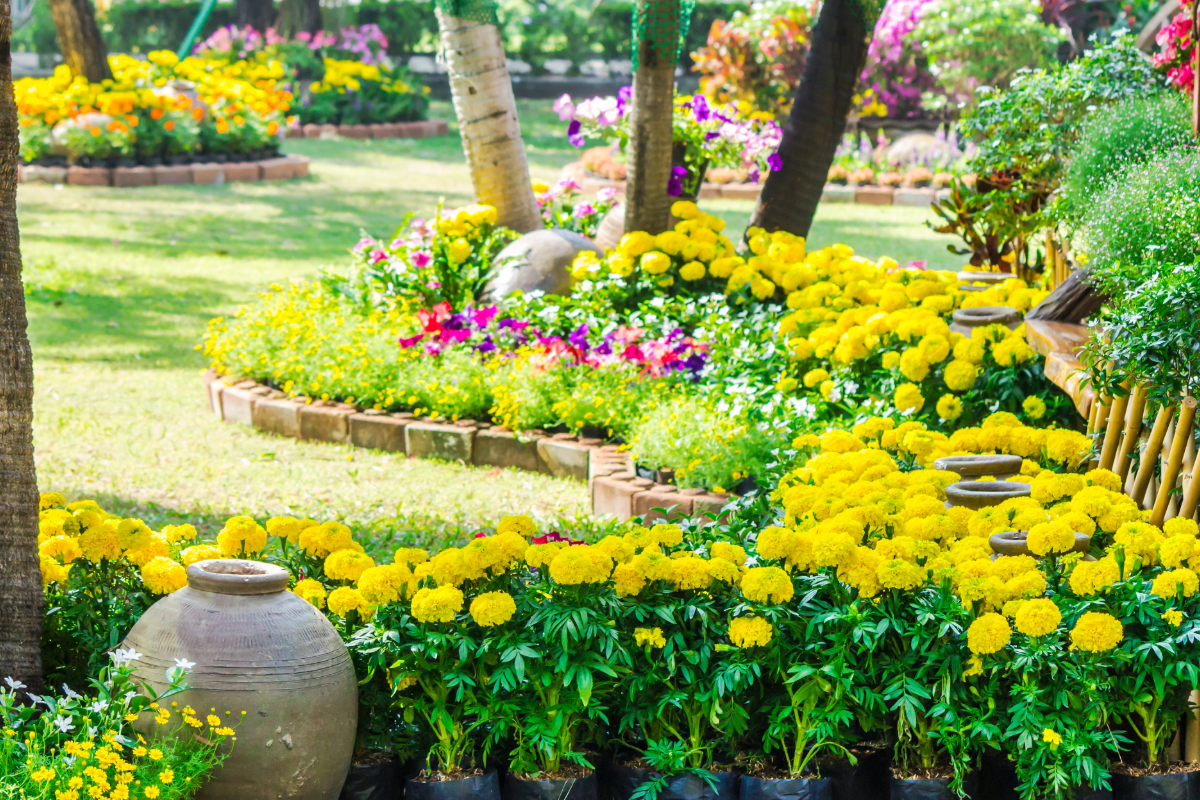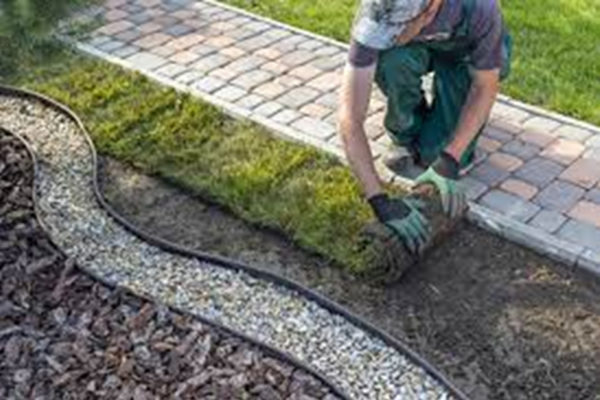
If you continue browsing this website, you agree to our policies:
x
Section outline
-



-
Full and Part-time Courses Starting September 2025
-
Full-time Course Starting September 2025
-
For some good introductory tutorials, watch The Middle-sized Garden for inspiration and tips on creating gardens people will love by journalist and author Alexandra Campbell, who has worked for Britain's top magazines and newspapers including, Good Housekeeping, Harpers and Queen, The Daily Telegraph, The Times magazine and more. Please click the link above to watch.
-
Grow, Cook, Eat, Arrange is the weekly podcast from gardener, writer, teacher, and cook, Sarah Raven. Over the last two decades, Sarah has led the way by introducing a new kind of productive gardening which emphasizes intense colour, sophistication and achievability. Recorded at the beautiful Perch Hill Farm in Sussex, Sarah talks with special guests from across garden design, floristry, food, ecology, conservation and more. Brimming with top tips and helpful. Please click the link above to learn more.
Please Note: A Spotify account is required.
-
Gardens are more than collections of plants. Gardens and gardeners are intersectional spaces and agents for positive change in our world. Cultivating Place: Conversations on Natural History and the Human Impulse to Garden is a weekly public radio program and podcast exploring what we mean when we garden. Through thoughtful conversations with growers, gardeners, naturalists, scientists, artists and thinkers, Cultivating Place illustrates the many ways in which gardens are integral to our natural and cultural literacy. These conversations celebrate how these interconnections support the places we cultivate, how they nourish our bodies, and feed our spirits. They change the world. Please click the link above to learn more.
Please Note: A Spotify account is required.


